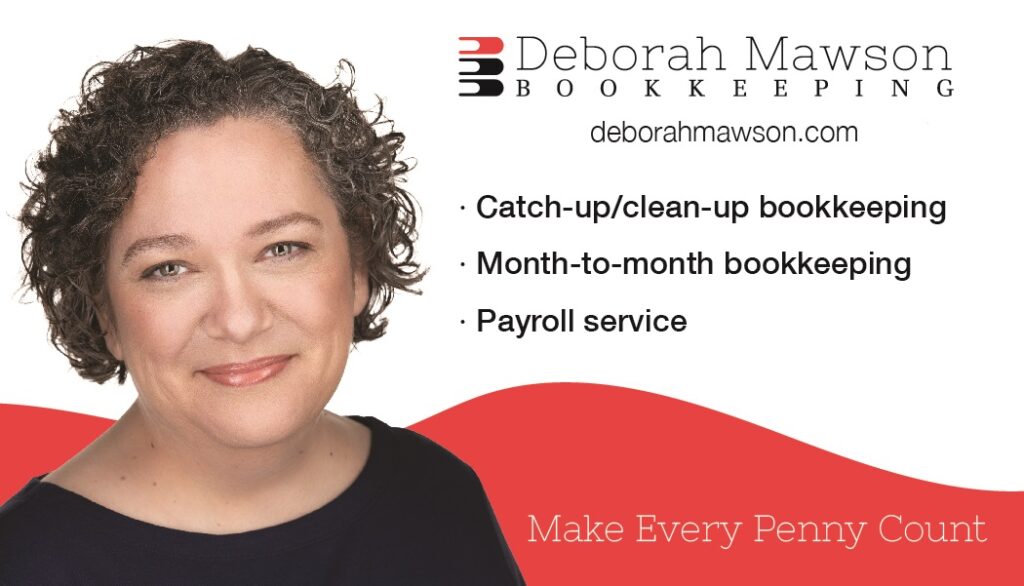
Why Your Year-End Financial Review Matters
As the year winds down, it’s tempting to focus solely on wrapping up projects and enjoying some well-earned downtime. But before you close the books (literally), there’s one critical task every contractor should tackle: the year-end financial review.
Think of it as the ultimate check-up for your business—an opportunity to step back and assess how your construction business performed over the past year. Are you hitting your financial targets? Are your projects as profitable as they should be? Are you prepared for tax season, or is there a scramble ahead?
More than numbers on a spreadsheet, a thorough year-end review can help you uncover hidden opportunities, avoid costly mistakes, and create a clear path for growth in the coming year. It’s a chance to ensure your business is financially healthy, compliant, and positioned for success.
In this post, we’ll walk through the Top 5 Questions Every Contractor Should Answer in a Year-End Review. You’ll also get a quick checklist to streamline your process and see how working with a virtual bookkeeper can make this annual task stress-free. Whether it’s tackling taxes or planning for next year’s goals, you’ll walk away with clarity and confidence.
Let’s dive in and make sure your year ends on a strong financial foundation.
The Top 5 Questions Every Contractor Should Answer in a Year-End Review (Plus a Handy Checklist!)
Closing out the year is the perfect time to take a closer look at your business’s financial health. By answering these five critical questions—and working through this simple checklist—you’ll uncover insights to improve profitability, ensure compliance, and set yourself up for success in the year ahead.
1. Did We Hit Our Financial Targets?
Start with your income statement (profit and loss statement). Did your revenue meet or exceed your goals? Which projects were the most profitable, and why?
Checklist: Using your year-to-date P&L statement:
- Review total income
- Categorize revenue by project type
- Identify your top-earning months
If you didn’t hit your targets, don’t stress. Instead, focus on what went wrong—unexpected costs, underperforming projects, or client payment delays—and use that knowledge to refine your strategies for the coming year.
2. Where Did Our Money Go?
Expenses pile up quickly in construction. It’s crucial to track where your money went and identify areas to save. Break down your spending on materials, labor, equipment, and operational costs.
Checklist:
- Look for overspending or inefficiencies, such as unused equipment rentals or consistently high supplier costs.
- Consider negotiating better terms or adjusting budgets.
3. How’s Our Cash Flow?
Cash flow is king in construction, where payments often come in waves. Analyze your cash flow statement to ensure you’re maintaining a positive balance. Were there months when cash flow dipped dangerously low? Did you need to rely on credit or reserves?
Checklist:
- Review cash inflows and outflows.
- Identify months with the biggest cash flow gaps.
- Plan strategies—like setting up a reserve fund—for smoother cash management next year.
4. Who Owes Us, and Who Do We Owe?
Unpaid invoices can derail your cash flow, while overdue bills can harm vendor relationships. Take stock of your accounts receivable and accounts payable.
Checklist:
- Send follow-ups for unpaid invoices and record incoming payments.
- Reconcile outgoing payments to suppliers, subcontractors, and vendors to avoid late fees or strained relationships.
5. Are We Ready for Tax Season?
Taxes don’t have to be stressful if you prepare in advance. Start by gathering all relevant documents, including receipts for deductible expenses, records of contractor payments, and quarterly tax filings. Maximize your deductions while ensuring compliance.
Checklist:
- Compile tax-deductible receipts.
- Collect signed W9s for 1099 preparation. (Click here to determine who needs to sign a W9.)
- Ensure all 1099 forms are prepared.
- Double-check that your records are accurate and ready for filing.
Bonus Step: Set Goals for the New Year
Now that you’ve assessed your financial performance, it’s time to plan for the future. Use the insights from your year-end review to set clear, actionable goals, like:
- Increasing profitability by reducing waste.
- Building a cash reserve for leaner months.
- Targeting higher-margin projects or improving efficiency on existing ones.
How a Virtual Bookkeeper Simplifies the Process
If this feels like a lot to handle on your own, that’s where a professional bookkeeper can help. A virtual bookkeeper familiar with contractor finances can streamline your year-end review, handle the details, and offer actionable insights to help you grow your business.
Why a Virtual Bookkeeper is Your Secret Weapon for Year-End Prep
Tackling a year-end financial review can feel overwhelming, especially when you’re juggling project deadlines, managing crews, and trying to enjoy some holiday downtime. That’s where a virtual bookkeeper becomes an invaluable partner—taking the stress off your shoulders while ensuring your business is financially sound. Here’s how a virtual bookkeeper helps you finish the year strong.
1. Expert Support Tailored to Contractors
Construction bookkeeping isn’t like bookkeeping for other industries. You deal with unique challenges, such as tracking project-specific expenses, managing retainage, and navigating complex tax rules. A virtual bookkeeper with experience in construction understands these nuances and provides tailored solutions.
For example, they’ll help you:
- Track costs accurately for each job to ensure profitability.
- Separate personal and business expenses, especially if you’re using shared resources.
- Identify and maximize deductions specific to your industry, like tools, safety equipment, and vehicle expenses.
2. Simplified Year-End Processes
Virtual bookkeepers make year-end tasks far less intimidating. By keeping your records organized and up-to-date throughout the year, they ensure that:
- Your financial reports (income statement, cash flow statement, balance sheet) are accurate and ready for review.
- Your accounts receivable and payable are reconciled, with clear follow-ups on unpaid invoices and outstanding bills.
- Your tax documents are compiled, ensuring compliance and setting you up for a smooth filing process.
No more last-minute scrambles or wondering if you’re missing a critical piece of information.
3. Proactive Planning for the New Year
A year-end review isn’t just about looking back—it’s about planning ahead. A skilled bookkeeper will analyze your financial performance, point out areas for improvement, and help you set realistic goals for the coming year.
For example, they might suggest:
- Adjusting your cash flow strategy to better handle slower months.
- Improving project bidding practices to increase profitability.
- Developing a more detailed budget to control operational expenses.
4. Monthly Check-Ins Keep You on Track
The best way to make year-end reviews stress-free is to stay on top of your books all year long. A virtual bookkeeper can offer regular monthly check-ins, providing financial updates and ensuring you’re always prepared. With their guidance, there are no surprises when December rolls around.
5. More Time for What You Do Best
When you hand off your bookkeeping to a professional, you gain something invaluable: time. Instead of sorting through spreadsheets or chasing down missing receipts, you can focus on running your business, meeting clients, and spending time with your family.
Finish the Year Strong with a Clear Financial Picture
Your year-end financial review isn’t just another task to check off your list—it’s an opportunity to step back and truly understand where your construction business stands. By answering key questions, working through a simple checklist, and leveraging the expertise of a virtual bookkeeper, you can gain clarity, reduce stress, and set the stage for a more successful year ahead.
This process might seem daunting, but you don’t have to tackle it alone. Deborah Mawson Bookkeeping specializes in helping contractors like you streamline their finances, prepare for tax season, and plan for long-term growth. From cleanup and catchup work to ongoing monthly check-ins, Deborah offers personalized, responsive service that ensures your books stay in order—and your business stays on track.
Let’s Get Started
Why wait until January to start planning for a better year? Take control of your finances now and set yourself up for success. Schedule a discovery call with Deborah Mawson Bookkeeping today, and get the peace of mind you deserve knowing your books are in expert hands.



